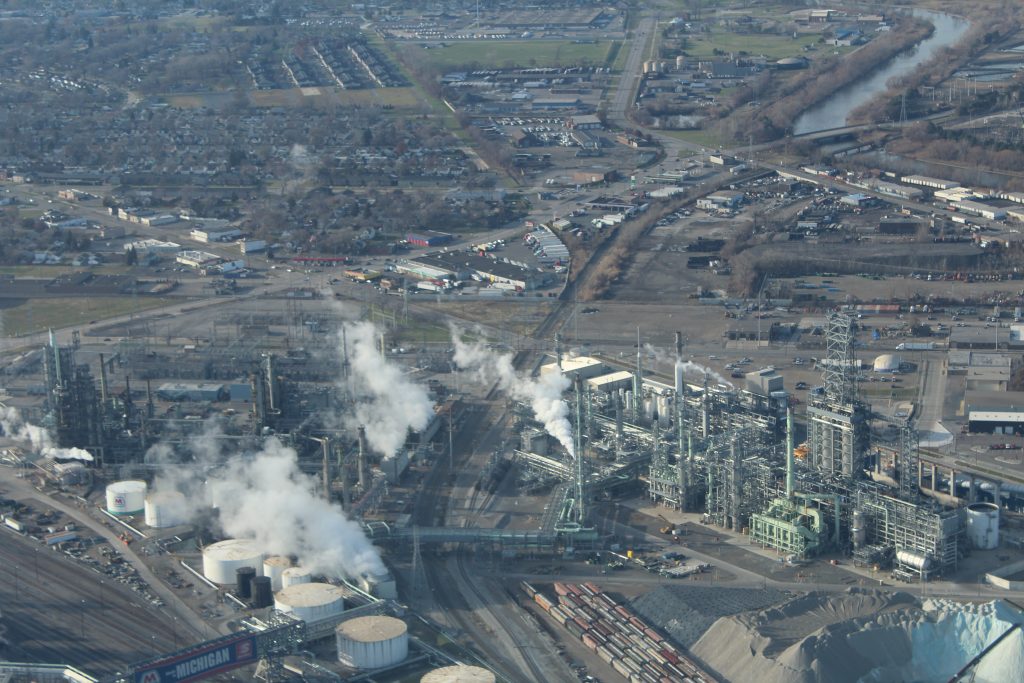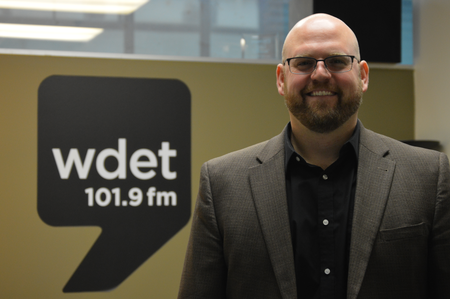Studies Suggest Link Between Air Pollution and COVID-19 Death Rates
Researchers at Harvard say it’s likely that high concentrations of air pollution increase the likelihood of dying from the coronavirus.

Researchers in the U.S. and Italy are looking at whether people who live in places with high air pollution are more likely to die of COVID-19.
A Harvard University study of particulate matter in more than 3,000 American counties found that those with higher concentrations of air pollution before the pandemic also had higher mortality rates from the novel coronavirus.
“The study results underscore the importance of continuing to enforce existing air pollution regulations to protect human health both during and after the COVID-19 crisis,” the researchers wrote.
READ THE FULL STUDY: Exposure to air pollution and COVID-19 mortality in the United States by Xiao Wu, Rachel C. Nethery, Benjamin M. Sabath, Danielle Braun, Francesca Dominici (2020)
Two Italian universities found a similar pattern in and around highly-industrialized Milan.
But scientists and logicians know that correlation does not imply causation. The Harvard study has not yet been peer-reviewed, and the authors pointed out its limitations.
“High quality, nationwide individual-level COVID-19 outcome data are unavailable at this time and for the foreseeable future, thus necessitating the use of an ecologic study design for these analyses. The inability to accurately quantify the number of COVID-19 cases due to limited testing capacity presents another potential limitation,” the researchers wrote.
Nick Schroeck is the director of the Environmental Law Clinic at the University of Detroit Mercy. He says air pollution has been shown to cause other health problems or make them worse.
“Air pollution here in the US certainly leads to higher instances of things like asthma and other respiratory difficulties,” Schroeck says.
“With COVID-19, we know that things like asthma, hypertension, diabetes and underlying health issues make the disease much more harmful and potentially much more fatal.” — Nick Schroeck.

Air Pollution and Coronavirus Mortality in Detroit
Detroit, where more than a thousand people have died after contracting COVID-19, has a long history of asthma and other health problems caused by air pollution. The studies do not make a clear link between pollution and coronavirus in Detroit specifically. But Schroeck says such a connection is plausible.
“We have a population that has high instances of underlying health conditions that make COVID-19 more fatal,” Schroeck says. “A lot of those are related to pollution…racial disparities in our health care, lack of access to health care providers, all things we know people in Detroit struggle with. Those are all factors that lead to higher death rates from COVID-19.”
Cleaner Air Amidst the Pandemic
But since the pandemic began, cities around the world have seen cleaner air. Governments have imposed restrictions that have forced many manufacturers — including Detroit’s Big Three automakers — to close factories.
The International Energy Agency predicts an 8% decrease in greenhouse gas emissions in 2020, which would be the largest annual decline ever reported.
But Schroeck warns such improvements will only be temporary.
“Once we start reopening factories, once people are moving around in cars and trucks again to get to and from work, we’ll start to see air pollution tick back up,” Schroeck says.
The professor says as states and nations begin to restart their economies, they should treat reducing air pollution as a public health necessity.
“While it’s horrible that we’re dealing with this terrible virus that’s devastating our community, the hope is that coming out of it, we can look at ways to grow our economy and move around the region in ways that are more environmentally friendly and that, hopefully, will protect us in the future and sort of give us a bit of immunity boost when these sort of viruses come around again,” Schroeck says.
Trusted, accurate, up-to-date
WDET is here to keep you informed on essential information, news and resources related to COVID-19.
This is a stressful, insecure time for many. So it’s more important than ever for you, our listeners and readers, who are able to donate to keep supporting WDET’s mission. Please make a gift today.
